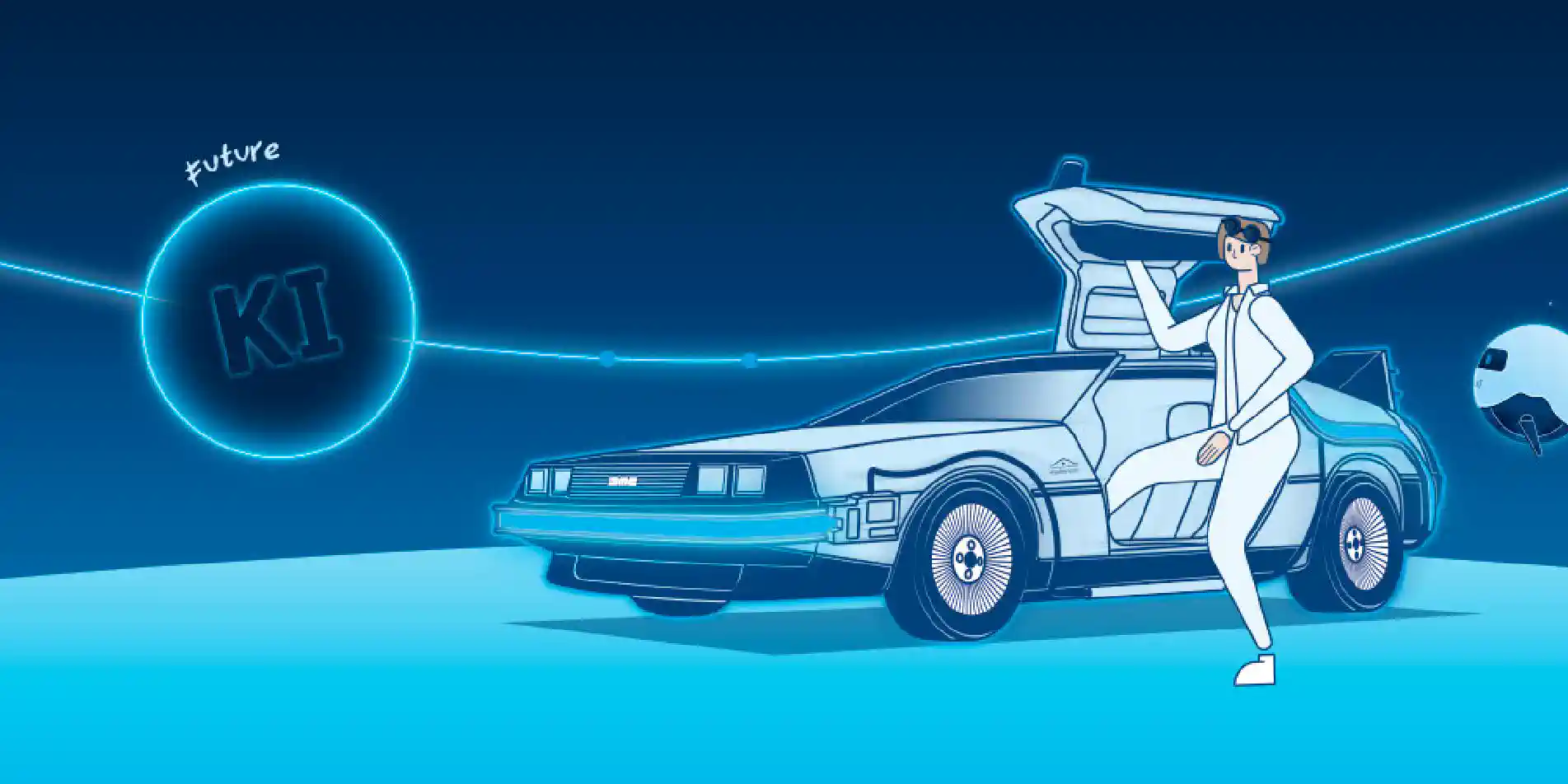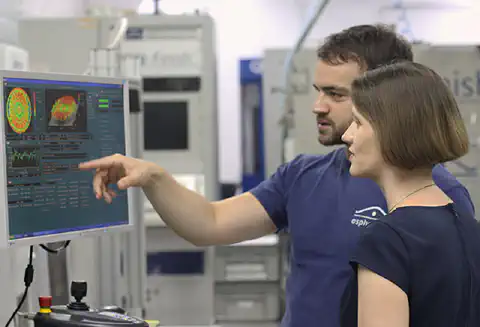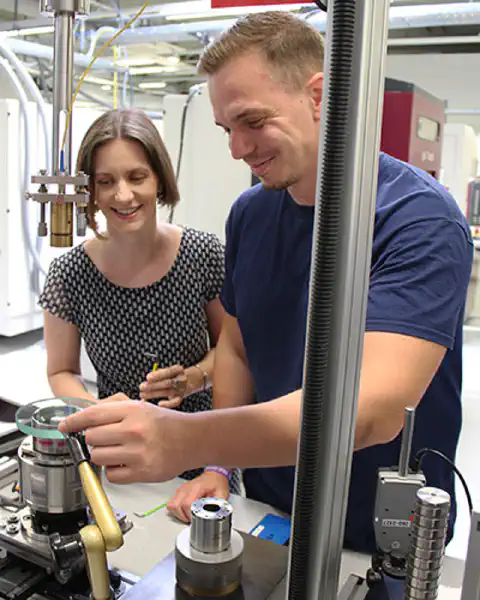
故事七:制造环境数字化及其潜力
“CorsS 软件具有令人难以置信的进一步开发潜力。”——战略与创新副总裁 Dr. Ulrike Fuchs 的回顾与展望。
Dr. Ulrike Fuchs 和她的团队负责 asphericon 的所有应用咨询工作。同时她还主管产品开发以及与外部合作伙伴的研发项目管理。Fuchs 博士于 2010 年加入 asphericon,担任光学设计主管。她是一位物理学博士、两个孩子的母亲,博士论文研究的是超短激光脉冲在二氧化硅玻璃中的聚焦相互作用。她对物理学的热爱几乎是与生俱来的——家中有多位亲属从事物理或光学相关职业,某种程度上可以说她成长于“光学之家”。每当她谈起自己的专业时,声音中总会流露出浓厚的热情。她对自己的研究充满热忱,对团队更是赞不绝口,她始终带领团队不断突破可能的边界。她的敬业精神也体现在她的社会贡献中:她在多个行业与专业协会担任志愿职务。2019 年,Ulrike Fuchs 被评为光学与光子学领域顶级专业组织——美国光学学会(OSA)Fellow 会员,以表彰她在研究领域的杰出和持续贡献。

Ulrike Fuchs 参与许多内部流程,包括计量。
在 asphericon,Fuchs 博士专注于复杂非球面与自由曲面光学系统的设计开发,并将设计与制造及测量过程紧密结合。她的目标是在光学设计和公差评估过程中,开发能够预测系统性能的方案。“作为一名物理学家,我对物理实验有着非常强烈的‘玩心’。过去十年,我一直致力于为 asphericon 的数字核心——CorsS 软件开发新功能。如今我们能从系统中提取大量数据,并用于极为接近真实的模拟仿真。这帮助我们为客户制造出更优质的组件与系统。”
Ulrike 尤其看重她所在领域中富有创造性的部分。相比那些墨守成规的传统光学公司,在 asphericon,她拥有将时间和才能投入到设计与开发中的自由。这可能也源于 asphericon 最初是一家软件初创公司,后来才转向镜头制造。“我们的软件极大地简化并标准化了各类流程,囊括了所有过往项目中的制造知识。我尤其喜欢 CorsS 软件的高精度。”她补充说,有时只需提出正确的问题,就能从数据库中获得解决方案,或为下一步生产制定结论。“CorsS 拥有惊人的发展潜力,并能为客户创造附加价值。”Fuchs 博士说。她还提到,客户反馈也肯定了其高品质:“如今,客户越来越关注产品质量,而 asphericon 正是与质量紧密联系在一起的。”

各部门之间的紧密协作推动了企业软件的持续发展。
当被问及未来几年有哪些重要发展时,Fuchs 博士脑海中浮现了很多想法,但最突出的仍是一个话题:人工智能。在她看来,AI 所带来的不仅是技术进步,更能减轻她所在团队及其他同事的工作负担。“一旦我们能让 CorsS 系统实现自我学习,自动权衡不同数据与要素,asphericon 这些高素质的专业人才就能把时间用在更有价值的地方,比如开发新产品或解决更复杂的问题。”她表示,自动化与 AI 将对未来工作环境大有裨益,因为它们将提高结果的可比性,同时减轻日常负担。如今,CorsS 已在光学设计、制造、测量技术、销售和各部门协调方面发挥巨大作用——asphericon 的一切流程都已实现数字化交换与归档。
回顾过去二十年光学设计中非球面的发展,Ulrike Fuchs 充满自豪。当她刚开始从事光学设计时,非球面透镜的应用尚不广泛。如今,它们已无处不在,成为不可或缺的存在。“曾经的限制早已不复存在,非球面透镜如今可以实现极高水准的制造。”Fuchs 博士总结说:“我很高兴 asphericon 在这一发展中发挥了如此重要的作用。”